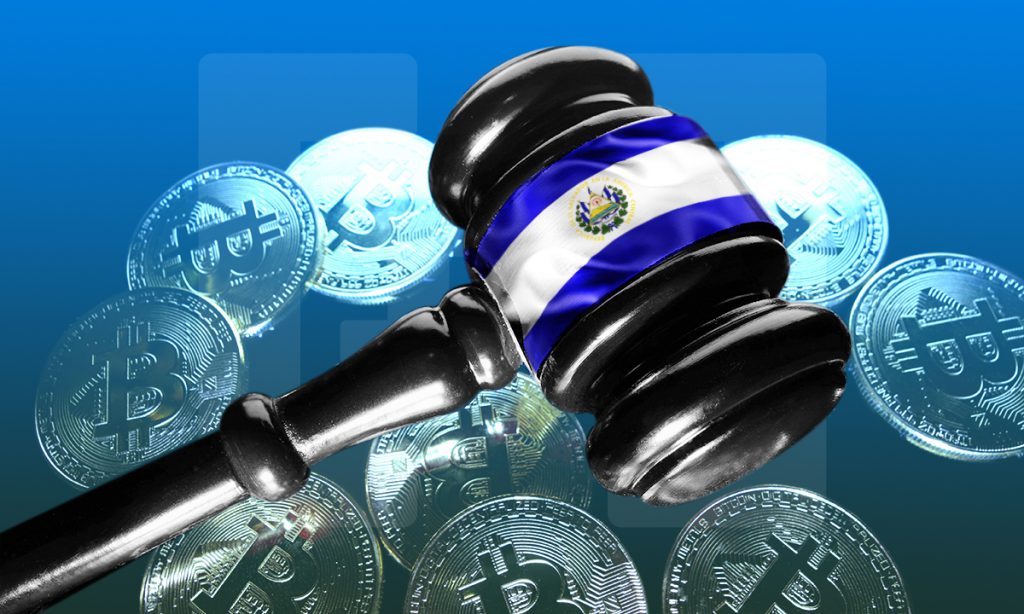Zender will always remember the moments he had at the Latin Bitcoin conference at Mizata Beach, El Salvador, with both hope and disappointment in near equal measure.
The days leading up to the week-long extravaganza were euphoric, with the price of bitcoin (BTC) hitting an all-time-high of $69,000.
In his own words, he “had a blast in El Salvador,” the first country to make bitcoin legal tender, and now also, the country looking to become the first to build a city that runs entirely on the cryptocurrency.
However, it is not all smooth sailing in President Nayib Bukele’s dream bitcoin nation, with reports of recurrent wallet problems, lost funds, privacy issues and resistance from citizens reluctant to trust a system of government with a checkered history.
‘Growing pains’
Zender [he prefers to be called just Zender], a bitcoin proponent, told Beincrypto of “growing pains” as El Salvador’s rock- star leader tries to bring his cryptocurrency plan to work.
“I do think he put a lot of effort into it,” Zender said of Bukele’s bitcoin plan and vision. “At the moment, he uses bitcoin as a rail for getting people to have digital money as not many have bank accounts. It is growing pains, but it’s on the right track.”
Earlier on Nov. 23, Zender shared a thread on Twitter highlighting the areas he considers to be causing frustration or slowing down adoption since El Salvador started using bitcoin as everyday money on Sept. 7.
He said he lost $125 when trying to pay for dinner with BTC, as funds debited from “my Phoenix account never reached their [dinner store] Chivo wallet. Had to pay with cash to settle the bill. The waitress was sweating bullets (no kidding).”
Eventually, Zender logged a call with Chivo support in an attempt to recover his money. He had the shock of his life. “After explaining the situation, they said these exact words: ‘Please call Lightning to reimburse you.’”
He never got the money back. “Guess it’s a donation now,” Zender laughed it off. A few people replying to his tweet said they had faced similar issues with Chivo, a digital wallet owned by the El Salvador government that has clocked nearly three million downloads.
Users of the wallet received $30 worth of BTC from the central government as an incentive when it launched, but as Zender outlined, they spent the money as quickly as they got it into their wallets. “Everyone that had Chivo had no sats in it,” he noted with bemusement.
Sins from the past
With memories of a bloody civil war and institutionalized plunder of the economy by political elites still fresh in many peoples’ minds, El Salvador’s history of instability is not making it easy for wholesale, mainstream adoption of bitcoin.
Some citizens appear to be resisting the government’s crypto intervention. Zender spoke of a woman who insisted that “her family would never install an app from the government.” The woman is concerned about the government’s motive and does not “want their money.”
“People still feel the pain of the past,” he observed.
In addition, apart from El Zonte, a small town of about 3,000 people, both big and small companies outside the Central American nation’s capital San Salvador do not accept bitcoin as a means of payment, according to Zender. Even within the capital city, small firms are still reluctant, he says.
That’s because the majority of the people he talked to about bitcoin said they did not understand it. Zender also asked Salvadorans whether they knew Bitcoin’s maximum supply, “but nobody knew to answer this question.”
“I was expecting that adopting BTC as legal tender would come with some education from President Bukele,” he queried.
‘New world out there’
The bitcoiner expressed disappointment with the apparent lack of privacy on the Bitcoin Beach wallet and Chivo wallet – something that may be considered by crypto die-hards as an affront to the ethos of the ecosystem.
“My biggest pet peeve of this experience is that most LN wallets show the balance of the shop or the waiter whenever I wanted to tip or pay the bill. This is unacceptable from a privacy point of view,” he complained.
But it is not all doom and gloom. While at Point Break Coffee Shop in El Tunco, Zender tried to pay the bill using fiat money – probably as a means to avoid his earlier experience at the dinner store – but the waiter told him: “No, we’d prefer payment with bitcoin”.
“That made my day. There is a new world out there,” he emphasized.
What do you think about this subject? Write to us and tell us!
Disclaimer
All the information contained on our website is published in good faith and for general information purposes only. Any action the reader takes upon the information found on our website is strictly at their own risk.


